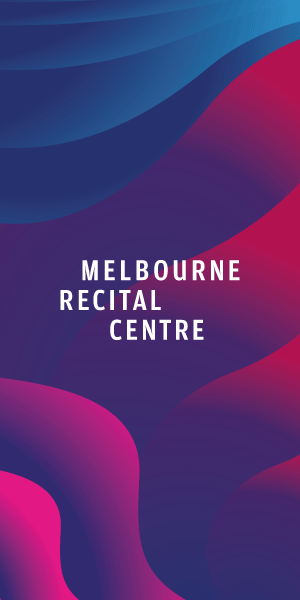Melbourne Zoo’s Siamang dynasty swings into the property market
Melbourne Zoo’s Siamang family has made a multi-generational house swap, with parents Isidor and Sampit moving homes to give daughter Kemala the chance for her own budding romance.
Like many retirees seeking a tree change, the elderly mum-and-dad Siamang pair has opted for a recently renovated private island home at Melbourne Zoo.
Melbourne Zoo life sciences manager primates Gill Maxwell said new climbing structures and a garden makeover were providing ample opportunities for the ageing Siamangs to employ their species-specific behaviours.
“Isador and Sampit quickly investigated all of the new structures and climbed up into the treetops,” Ms Maxwell said.
“We expect to see a lot of brachiating, which is the swinging movement through the canopy of some primates including Siamang, just as they would in the wild.”
Siamangs typically live in small groups of up to six individuals. A typical family unit is comprised of a monogamous mating pair of adults and their offspring. Ms Maxwell said the timing of the move was prompted by five-year old Kemala’s growing sense of independence.
“Young Siamangs begin to disperse from their parents when they reach the age of five to seven years old,” Ms Maxwell said.
“We’re replicating what Kemala would instinctively be doing in the wild, following the signs we’ve seen from her that she’s ready to start that journey.”
Following her parents’ departure, Kemala was introduced to 11-year-old Batak, who arrived from Mogo Zoo in New South Wales earlier this year.
While every new living arrangement takes time to settle, there are positive signs of companionship. “Baktak is settling in very well,” Ms Maxwell said.
“He has a huge habitat to explore and has started singing, which is a sign he considers the area his territory.”
“Kemala has also started singing with him, which indicates their bond is growing.”
Native to the tropical forests of Malaysia, Indonesia and Thailand, Siamangs are the largest member of the Gibbon family. The species is classified as endangered by the International Union for Conservation of Nature’s Red List due to an increasing threat of habitat destruction related to the production of palm oil.
Zoos Victoria’s Don’t Palm Us Off campaign educates Melbourne Zoo visitors about these threats to wildlife, calling for clearer labelling of palm oil to reduce the impact of unsustainable palm oil operations. •
Melbourne Zoo visitors are reminded that all tickets must be pre-booked online at zoo.org.au. Zoos Victoria Members no longer need to book but are required to scan their membership card for entry.

Residents win fight to save laneway from development in East Melbourne





 Download the Latest Edition
Download the Latest Edition